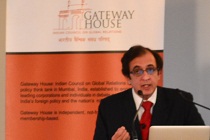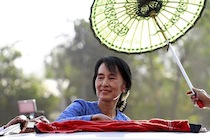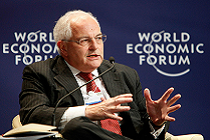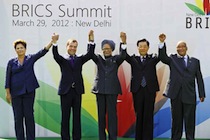India-Tonga: Old friends, new engagements
After the passing of Tonga's revered King, Tupou V, all eyes are on the new establishment for signs of change in Tonga's foreign policy. How will India, an old friend to the Pacific island-nation, fit into this increasingly important region? Can it build on traditional ties with Tonga?








